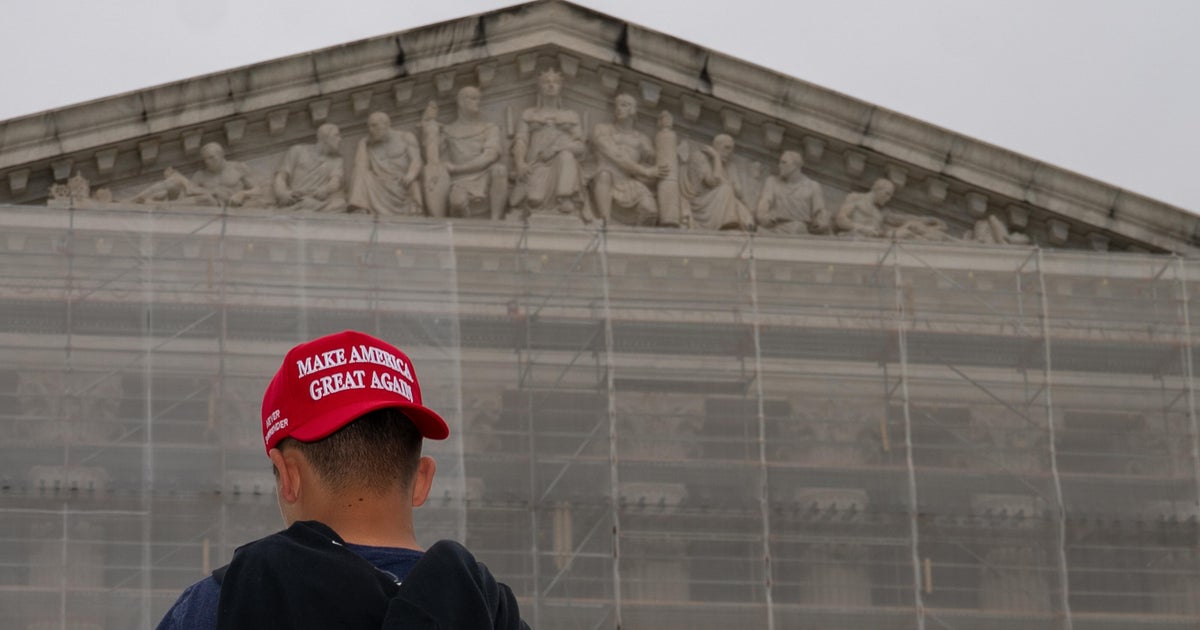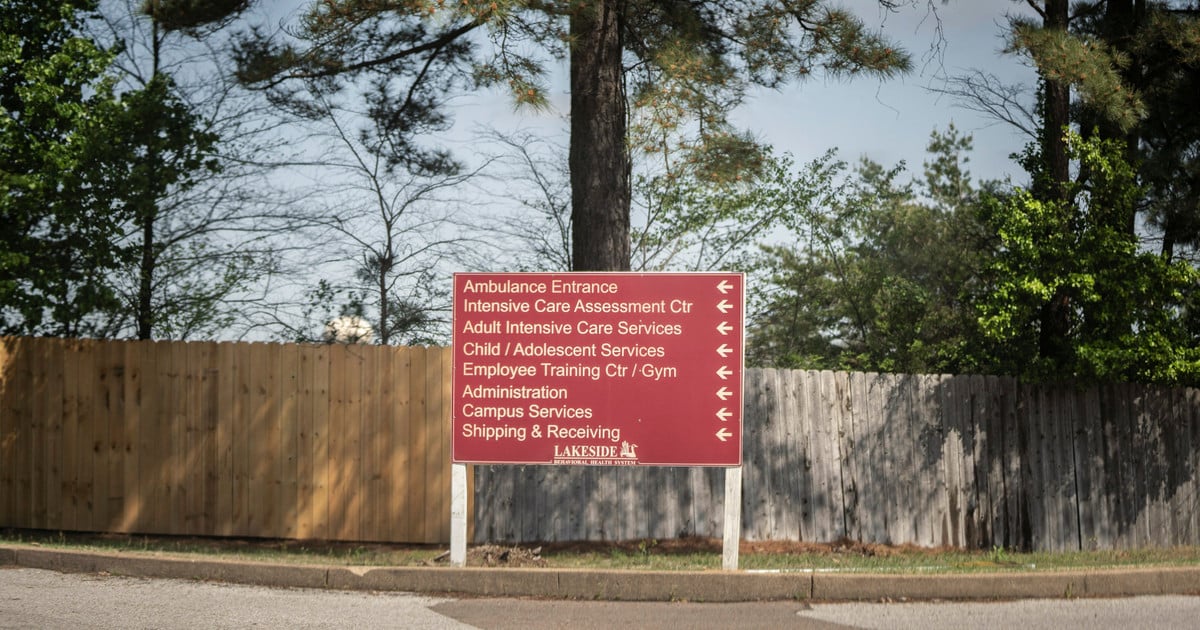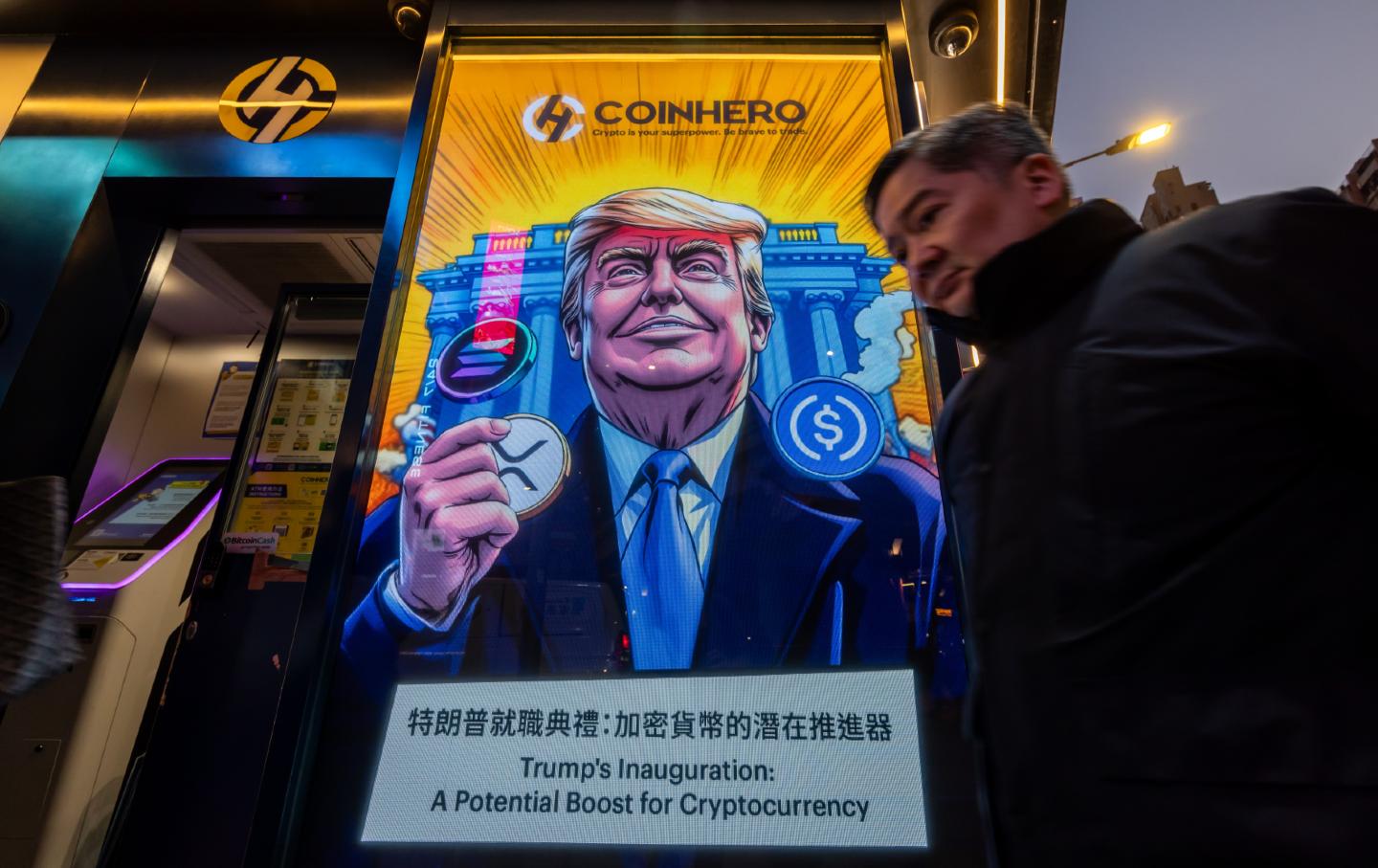
Political violence has a long and troubling history in America, but the current climate reflects a perilous shift. This moment is marked not just by isolated incidents but by a systemic normalization of violence intertwined with political rhetoric that breeds division and fear. What we are witnessing today is a dangerous amalgamation of opportunistic leadership and escalating hostility that threatens the very foundation of our democracy.
Barbara Walter, a political scientist and author of *How Civil Wars Start*, sheds light on the complexities of this moment. Unlike past tragedies that prompted leaders to unite the nation, the response to events like the killing of Charlie Kirk underscores a new reality. Political figures are leveraging violence as a means of galvanizing support rather than fostering unity. This is a stark departure from the historical precedent that sought to quell chaos with calls for peace. Instead, we are confronted with a rhetoric that not only condones but incites vengeance—a troubling trend that demands our attention.
Walter introduces the concept of “violence entrepreneurs,” those who exploit chaotic events for political gain. In an environment where violence is transformed into propaganda, isolated acts are woven into a narrative of existential threat. The idea that “they’re out to get us” becomes a rallying cry that radicalizes individuals faster than any coherent ideology could. This narrative is particularly dangerous as it fosters a perception of a divided America, with violence now emanating from both the right and the left, albeit at different scales of lethality.
The dynamic of reciprocal violence creates a self-sustaining cycle; each side justifies its actions by pointing to the other, further entrenching a culture of hostility. The FBI’s historical success in mitigating threats from concentrated militia movements starkly contrasts with today’s landscape, where violence is more diffuse and multifaceted. As both sides feel under siege, the emergence of defensive violence—where acts of aggression are rationalized as necessary for survival—signals a troubling transition toward instability.
Moreover, the erosion of our institutions exacerbates this crisis. Agencies once grounded in professionalism and trust have succumbed to partisan politics, undermining their ability to maintain order. Leadership devoid of expertise and governed by political allegiance compromises the efficacy of these institutions. When the guardians of democracy fail to act, the consequences ripple through society, creating an environment ripe for violence and disorder.
America currently teeters in a high-risk zone, characterized not by traditional civil war but by sustained domestic terror and sporadic violence. The normalization of politically charged violence—events like the mass shootings in Buffalo and El Paso—reveals a society that increasingly tolerates violence as an accepted reality. We must confront the underlying conditions fostering this high-risk environment: a weakened democracy, identity-based political parties, and a palpable sense of status loss among segments of the population.
The alarming rise in public acceptance of political violence indicates a societal shift that cannot be ignored. Surveys reveal a burgeoning willingness to justify violence under certain conditions, with a significant percentage of Americans—including many on the right—now endorsing violence as a legitimate response. If left unchecked, these trends foreshadow a future where the risk of instability compounds, threatening the very fabric of our democracy.
As we reflect on history, we must recognize that leaders, too, can manufacture violence to consolidate power, stifling democratic freedoms. The examples of authoritarian leaders leveraging conflict to maintain control serve as stark warnings of what could unfold here. The specter of a leader fabricating an emergency to extend their rule looms larger than ever, especially in the age of the internet, which acts as an accelerant for division and radicalization.
In a society where political violence increasingly feels disorganized and incoherent, we cannot underestimate its potential impact. The chaotic nature of recent attacks may obscure their significance, but they remain politically useful to opportunistic leaders. The narratives that arise from these events often escalate fear and mistrust, further entrenching division.
Despite the pervasive dysfunction and gun violence that permeate American life, there remains a glimmer of hope. The decency of everyday Americans persists, even amid chaos. We must harness this compassion and commitment to civic engagement as the foundation for meaningful change. It is through grassroots action—voter mobilization, peaceful protest, and persistent advocacy for equitable policies—that we can begin to reclaim our democracy.
The path to a more just and equitable society lies in the hands of the people. We cannot afford complacency or the belief that our democracy will self-correct in the face of deterioration. The gradual erosion of democratic norms is a reality that demands vigilance and action. If citizens recognize the stakes, they will rally to protect the freedoms they cherish.
America stands at a crossroads, and the imperative is clear: we must confront the systemic inequities and entrenched power dynamics that perpetuate violence and division. The future of our democracy depends on our collective commitment to justice, equality, and the unwavering defense of human rights. The time to act is now.
This article highlights the importance of Descent Into Chaos.


